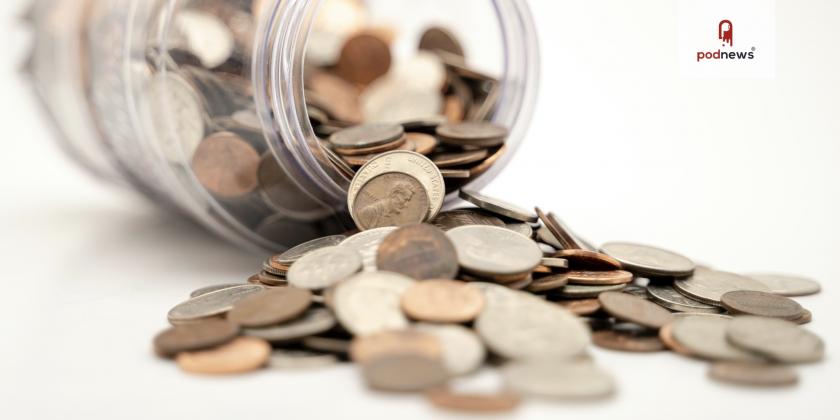
How can I charge for my podcast?

This article is at least a year old
Want to charge for your podcast? There are many different companies offering services to do this - including Apple and Spotify. Here’s a big list of how you might get money from your listeners direct.
In-app subscriptions
-
Apple Podcasts Subscriptions is a low-friction method of charging for podcasts directly from the Apple Podcasts app. There is a low annual fee to take part (US $19), but Apple keep 30% of the revenue. You don’t get any personally-identifiable information about your subscribers, so subscribers signed-up using this process are going to be difficult to move to a different one. You’ll need to upload your paid audio to Apple, who, like many of the below, are not IAB certified.
-
Spotify Paid Subscriptions is a way of charging for podcasts within the Spotify app. Their system is currently free to use - you’ll just pay the standard payment cost. The paid service requires you to host with Anchor. Unlike Apple, you can download a list of your subscriber email addresses.
Third party membership services
-
Supercast were the first to offer Spotify integration to their podcasters. They claim to offer premium content for listeners wherever they want to listen using just two taps. Their pricing is a per-listener charge (and Stripe fees).
-
Memberful offers monetisation for podcasts, newsletters, communities and gated content on Wordpress websites. Pricing is based on a monthly fee and a percentage of sales. The company is owned by Patreon.
-
Acast+ is a set of subscription tools that allow paid podcasts for most podcast listening apps. It was opened to all Acast podcasters in Jan 2022. Acast take a percentage of subscriptions.
-
Substack offers free and subscription podcast hosting alongside its well-known paid newsletter service. This is a support article explaining how it works. It’s charged using a percentage of sales, and payment fees.
-
Supporting Cast is an enterprise podcast membership platform, built by Slate. The tool is built for larger podcast networks, and is entirely white-labelled, with the Supporting Cast brand never being seen by subscribers. Pricing is hidden behind a “request a demo” link; you can continue to use your own podcast host if you’d prefer to do that.
-
Similar to Supporting Cast, Acast Access manages private RSS feeds on behalf of external partners who have their own paywall solution. It is open to everyone, but a good example of who might use this would be a company like a newspaper who already sells subscriptions on their own website.
-
Red Circle offers paid subscriptions as well as a raft of other monetisation options. It’s charged using a percentage of sales and payment fees.
-
Patreon, one of the oldest creator membership services, offers paid private podcasts. Charging is a percentage of sales plus payment fees.
-
Mumbler is a premium podcast platform available in both English and Spanish. They charge a commission, allowing you to create multiple podcasts. It includes hosting and also generates a page for your podcast.
-
Speakhub also offers private podcasts; there’s not much detail on how this service operates on their website.
-
Passport aims to be an open-source platform, used by Ben Thompson’s Stratechery website. It is linked with Spotify, but does not, yet, appear to be available as a product for others to use.
Podcast hosts
A number of podcast hosts offer “private podcasts” as a service. These differ wildly; Libsyn's offering could cost as high as 30% of sales, while Podbean requires you to use an app.
Services from many others, like Captivate (I’m an advisor), doesn’t offer payment processing at all, leaving that part up to you. You might use a normal shopfront website like Shopify to sell subscriptions.
Cryptocurrency
You can also enable your podcast for value4value - a method of earning Bitcoin from your podcast. This is different to a subscription - podcasts in this way aren’t secured, and are instead available for everyone whether they pay or not.

































































































